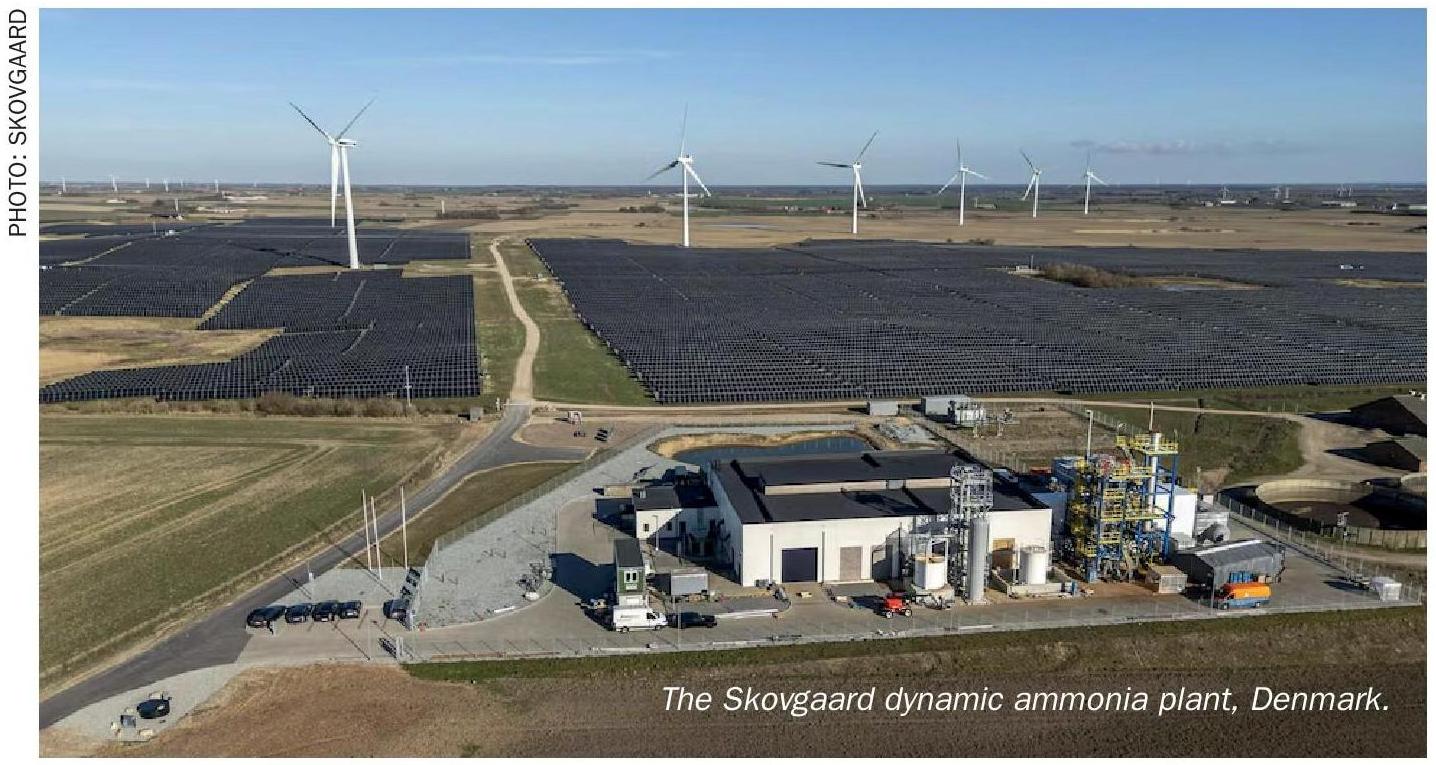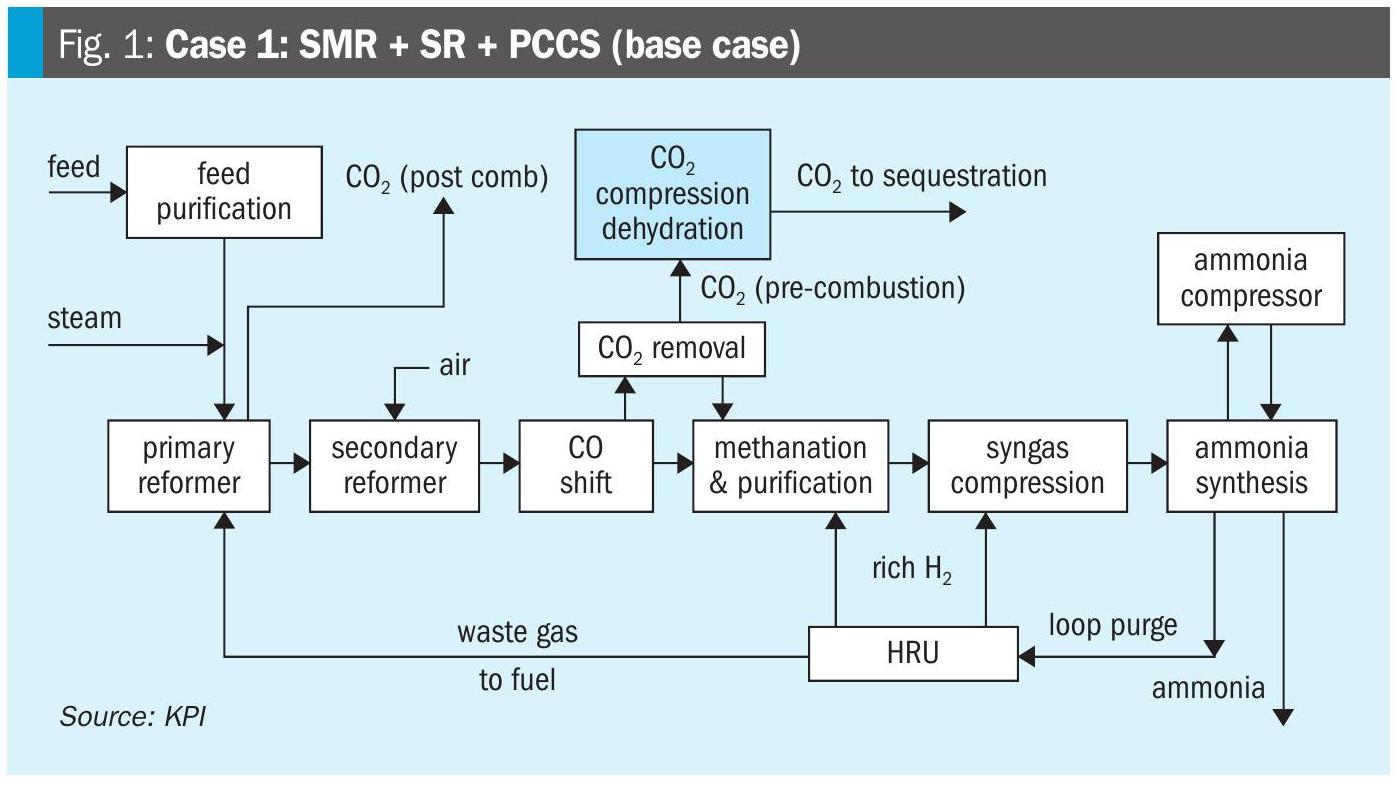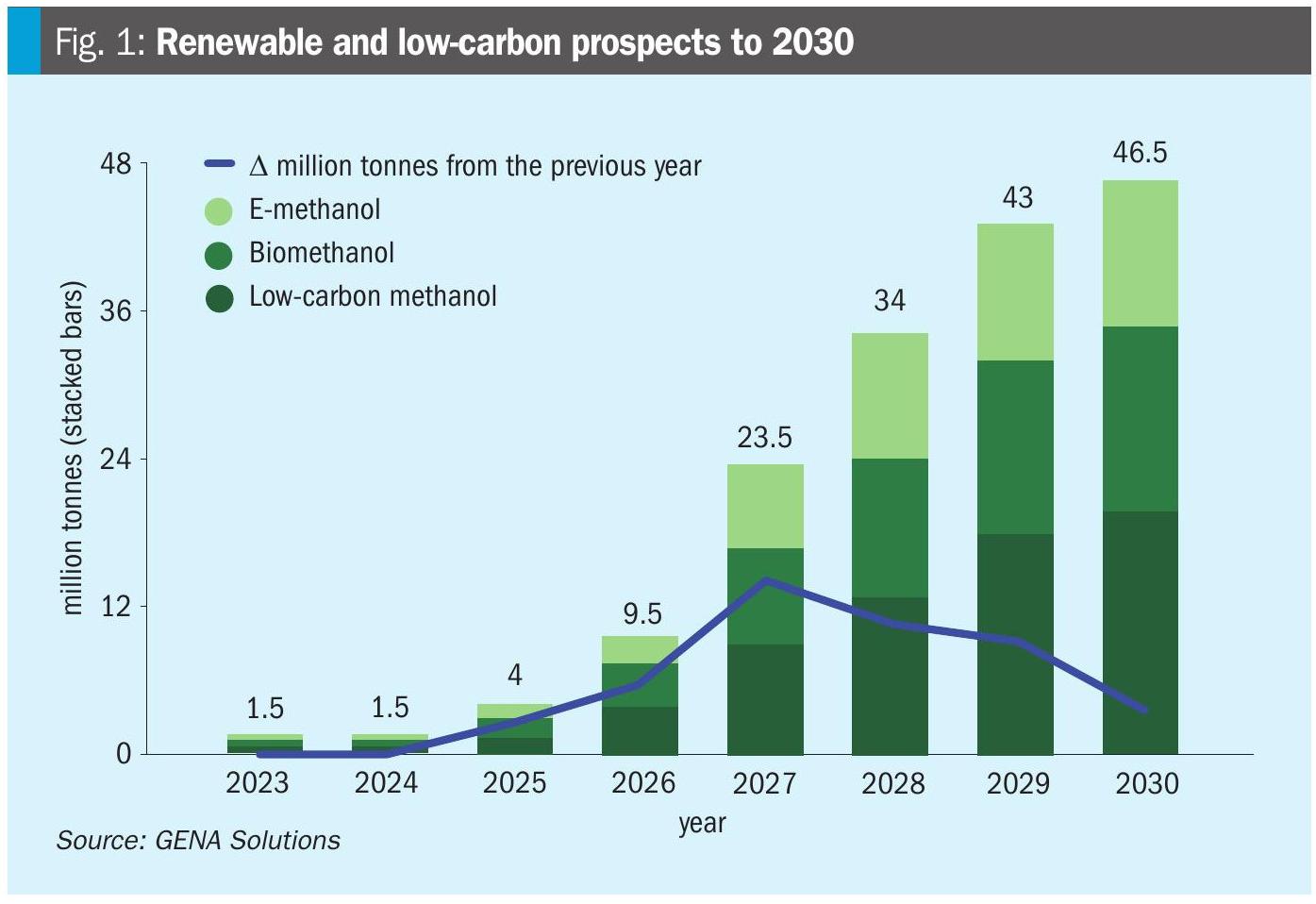Nitrogen+Syngas

7 February 2025
Press Release: Johnson Matthey and Bosch agree long-term collaboration on development of zero-emission hydrogen technology
6th February, 2025
Johnson Matthey (JM) – a global leader in sustainable technologies – and Bosch a leading supplier to the automotive industry – have today agreed terms to accelerate future projects together.
The agreement confirms both parties’ intentions to develop and produce catalyst coated membranes (CCM) for use in fuel cell stacks.
Transforming and decarbonising the automotive industry requires a mix of powertrain systems and solutions across different vehicle classes.
Hydrogen fuel cells are electrochemical devices that combine hydrogen and oxygen to generate electricity. As pure water is the only by-product, fuel cell electric vehicles are a clean, zero emission option.
JM’s high performance CCMs will be used in Bosch’s integrated, compact and scalable fuel cell power module for commercial vehicles, designed for longer distances.
JM Hydrogen Technologies Chief Executive, Anish Taneja, and Bosch Mobility’s Executive Vice President of Engineering Power Solutions, Beate Grota, marked the agreement at Bosch’s fuel cell centre in Stuttgart-Feuerbach, Germany.
Anish Taneja commented “JM is thrilled to be joining forces, exploring and developing future possibilities to accelerate cleaner mobility and energy generation “.
Beate Grota added: “The fuel cell technology for mobile applications is technologically ready for widespread use. Our partnership aims to further increase the performance and efficiency of the fuel cell stacks.”





